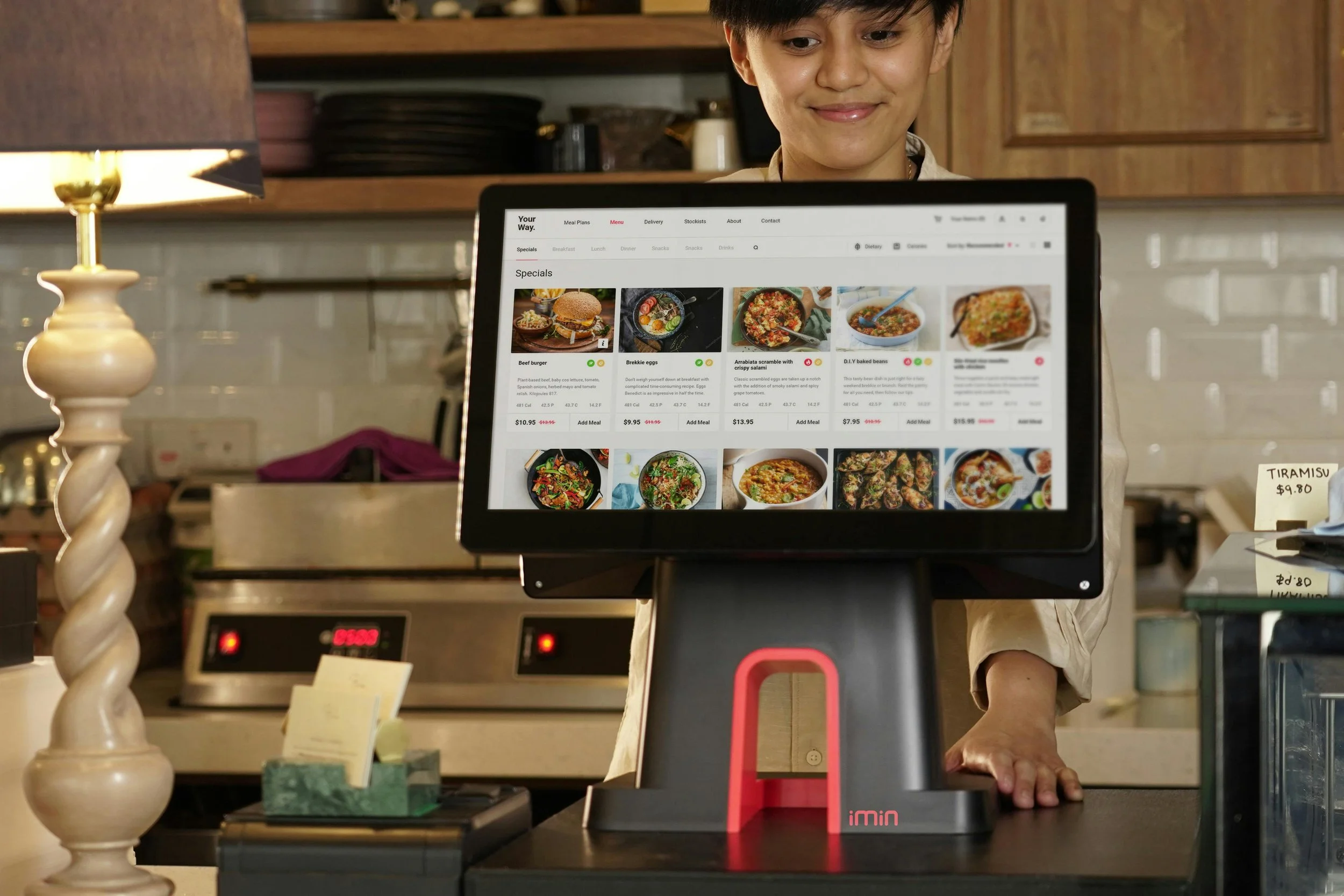Hospitality Meets Tech: The Rise of AI, QR Menus, and Smart Service
The hospitality industry has always been about creating memorable experiences, but technology is redefining what “service” means. From AI-driven chatbots to QR-coded menus and smart room assistants, technology is transforming how guests interact with brands. Some call it innovation. Others see it as the start of a cold, impersonal shift. The truth sits somewhere in between.
Hotels, bars, and restaurants across the U.S. are embracing digital solutions at record speed. Hotels now use technology to offset labor shortages, from automated check-ins to smart thermostats and voice-activated room controls. For restaurants, the rise of digital ordering and mobile payments has been even more rapid. According to the National Restaurant Association, 79% of consumers have used technology to order food or drinks in the past year, and 53% said they prefer establishments that make that process easier through tech-driven systems.
Technology has given hospitality operators new ways to streamline service, cut costs, and meet guests where they already are—on their phones. The ease of scanning a QR menu, paying digitally, or checking into a hotel without waiting in line has become second nature to many travelers and diners. For busy professionals and tech-savvy consumers, convenience can feel like luxury.
The challenge arises when efficiency begins to replace experience. Guests who once connected with their favorite bartender, concierge, or barista are now often met with digital menus or automated systems. That shift has sparked ongoing debates about the heart of hospitality. Technology can’t replicate a warm greeting, an intuitive recommendation, or a shared moment of laughter between guest and server. The best hospitality moments live in those exchanges.
AI is playing a bigger role than ever in service design. Chatbots can handle booking requests, dietary preferences, and even itinerary planning before a guest arrives. Hotels like Marriott and Hilton are using AI to analyze data from millions of stays to predict preferences for everything from room temperature to pillow type. Restaurants are experimenting with AI-driven menu creation, tracking sales patterns and recommending seasonal dishes based on data trends. While those advances create efficiency, they also bring new questions about authenticity and privacy.
Guests are starting to ask who controls the data and how it’s being used. Transparency is becoming an expectation. Brands that disclose their use of AI and data collection are viewed more favorably by consumers who value honesty and security. Businesses that ignore these ethical considerations risk alienating the very people they aim to serve.
Despite the growing presence of technology, the hospitality industry remains human at its core. A study by Deloitte found that 80% of consumers say personal interaction is what makes them loyal to a hospitality brand. That connection cannot be programmed. Technology can enhance it, but it cannot replace it. Guests want convenience, but they also crave care. They may enjoy digital tools, but they still remember the person who made them feel at home.
Businesses that find balance are thriving. Many boutique hotels now use smart technology to handle logistics while investing more deeply in staff training for personal engagement. Restaurants are adopting hybrid models, where QR menus simplify ordering, but human servers handle recommendations and conversation. The most successful brands understand that technology is a tool, not a substitute.
There is also a growing recognition that tech adoption can create accessibility. Voice-activated devices and mobile ordering can make hospitality more inclusive for people with disabilities or communication barriers. When used thoughtfully, these tools expand the guest experience instead of narrowing it.
Still, the shift toward automation has created tension within the workforce. Employees worry that technology will replace their roles, while business owners argue that it allows staff to focus on more meaningful guest interactions. The future likely lies somewhere in collaboration. The businesses leading the next wave of hospitality are those that invest in technology for operational support while elevating their people for emotional connection.
The key takeaway for hospitality leaders is balance. Guests are looking for frictionless experiences that feel personal and meaningful. That means knowing when to lean on data and when to rely on intuition. It means using QR codes to speed up service but ensuring there’s still a friendly face behind the counter. It means adopting AI to anticipate needs but keeping the human touch that makes hospitality feel alive.
For consumers, this evolution offers something new: choice. They can opt for efficiency or engagement, digital or personal. The variety itself is shaping modern hospitality into a space that serves more lifestyles than ever before.
The most forward-thinking hospitality brands aren’t choosing between people and technology. They’re finding ways to make them work together. Those that blend both will define what it means to feel seen, valued, and connected in a digital-first world.
What This Means for Businesses
Hospitality professionals have an opportunity to lead the conversation instead of following trends. Transparency about how technology is used, investment in staff training, and a focus on emotional intelligence will build trust with guests. Businesses that prioritize balance will not only keep up with innovation but also strengthen their reputations for genuine service.
As AI and smart systems evolve, the brands that thrive will be those that remember one truth: technology may attract guests, but people make them stay.
HoCo’s Role in a Digital Future
At HoCo, we help hospitality brands merge creativity and strategy in ways that drive both innovation and authenticity. Our focus is on designing experiences that connect technology with the human element, ensuring that every digital solution enhances real connection. From strategic partnerships to immersive event design, HoCo helps businesses evolve with purpose while staying rooted in the art of hospitality.



